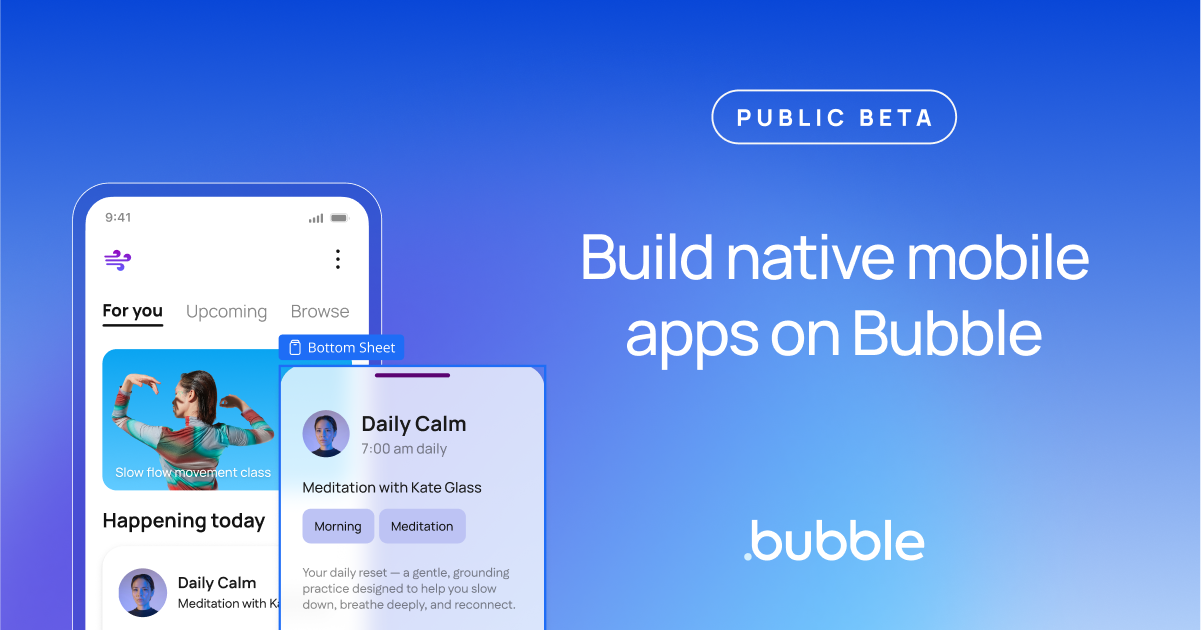Report: Microsoft Azure beats Google Cloud and Amazon AWS in network performance
2 min. read
Updated on
Read our disclosure page to find out how can you help MSPoweruser sustain the editorial team Read more

In their 2018 Public Cloud Performance Benchmark Report network monitoring company ThousandEyes reports that Microsoft Azure provided more predictable network performance than Google Cloud and Amazon Web Services.
ThousandEyes gathered network performance metrics every 10 minutes from 27 user location vantage points in data centres around the globe, to 55 cloud regions across all three providers.
They found Google Cloud Platform and Amazon Web Services Inc. fluctuate more unpredictably than Microsoft Azure in terms of latency, packet loss and jitter, making it more difficult for developers on those platforms to reliably predict application performance.
Archana Kesavan, ThousandEyes senior product marketing manager attributes this to Microsoft using their own backbone to move data.
“Their network is fast and highly reliable,” Kesavan said.
Kesavan reports AWS moves data on the public Internet, noting “Operationally, doing business on the Internet has an element of risk associated with it.” AWS had 35% the network performance stability of Google and 56% less than Azure.
Google has a premium tier where traffic moves over its own backbone, and a standard tier, which uses the public Internet to connect services to users, Kesavan notes. Google had three times the network latency of AWS and Microsoft between Europe and India.
Google and Azure had more network performance stability than AWS in Asia and Azure was 1.5 times faster than AWS and Google when connecting Europe to Singapore.
Interestingly the three competitors also have peering arrangements, meaning traffic almost never leaves provider backbone networks for cloud-to-cloud communications.
“Decision-makers need not worry about performance in multicloud architectures,” the company said.
The full report ThousandEyes Public Cloud Performance and Benchmark is available here.
Via Lightreading.com









User forum
0 messages